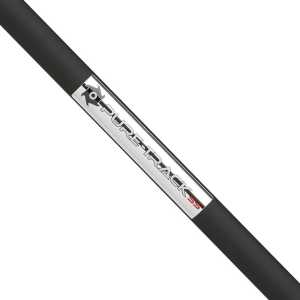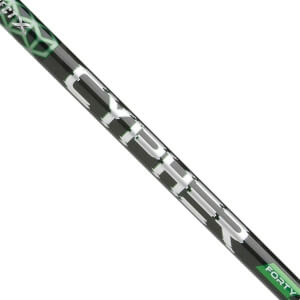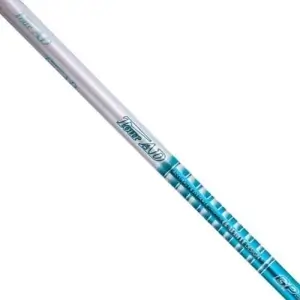Introduction
Dynamic Torsional Stability is the ability of a golf shaft to resist twisting forces. When a golf club is swung, the shaft twists as it is loaded and unloaded. The amount of twisting that occurs depends on the dynamic torsional stability of the shaft.
A shaft with good dynamic torsional stability will twist less than a shaft with poor dynamic torsional stability. This is important because twisting can cause the club head to move off-line, which can lead to mis-hits.
There are a number of factors that can affect the dynamic torsional stability of a golf shaft. These include the material used to make the shaft, the thickness of the shaft, and the shape of the shaft.
In general, stiffer shafts are more torsionally stable than flexible shafts. This is because stiffer shafts are less likely to twist. However, stiffer shafts can also be more difficult to control.
Golfers should choose a shaft with the right amount of dynamic torsional stability for their swing speed and playing style. A shaft that is too stiff can be difficult to control, while a shaft that is too flexible can lead to mis-hits.
Tips for Choosing a Golf Shaft With Good Dynamic Torsional Stability:
Consider Your Swing Speed
If you have a fast swing speed, you will need a stiffer shaft. If you have a slow swing speed, you can get away with a more flexible shaft.
Consider Your Playing Style
If you are a control player, you will need a shaft with good dynamic torsional stability. If you are a power player, you can get away with a less stable shaft.
Talk to a Golf Professional
They can help you choose a shaft that is right for your swing speed, playing style, and budget.
Other Factors to Consider
Material
The material used to make the shaft has a big impact on its dynamic torsional stability. Steel shafts are generally more torsionally stable than graphite shafts. However, graphite shafts are lighter and can provide more distance.
Thickness
The thickness of the shaft also affects its dynamic torsional stability. Thinner shafts are more torsionally stable than thicker shafts.
Shape
The shape of the shaft can also affect its dynamic torsional stability. Shafts with a round cross-section are generally more torsionally stable than shafts with a teardrop or oval cross-section.
Conclusion
Dynamic torsional stability is an important factor to consider when choosing a golf shaft. A shaft with good dynamic torsional stability will help you hit the ball more consistently and with more power.







